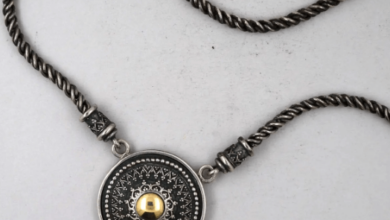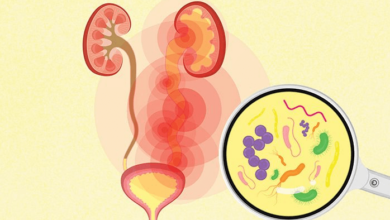How to deal with neuroticism?

We all have flaws and areas where we may improve in terms of our personal development. Getting more in touch with our own personalities and becoming more conscious of how our personality traits affect those around us are two ways in which we can work on our personal development.
Some psychologists believe that there are five major personality qualities: extraversion, agreeableness, openness, conscientiousness, and neuroticism. Others say that there are seven major personality traits. This article delves deeper into the personality trait of neuroticism and offers suggestions for how to make yourself feel less neurotic if this is something you are struggling with.
WHAT IS THE DEFINITION OF NEUROTICISM?
When someone has neuroticism, they are often emotionally unstable, have mood swings, and are melancholy. People who have a high level of neuroticism frequently experience significant levels of stress, worry, and anxiety. They are easily upset, have severe mood swings, and have difficulty regaining their composure after experiencing a high-stress trigger. They are frequently depressed and irritated. People who have low neuroticism tend to be emotionally secure and resilient throughout their lives. They don’t experience sadness, anxiety, or worry too often, and they tend to be more relaxed.
IS IT POSSIBLE TO BECOME LESS NEUROTIC?
These characteristics, regardless of whether you have a high- or low-neurotic personality, tend to remain with us throughout our lives. We are unable to change our personalities quickly. For those who suffer from severe anxiety, there are several strategies and techniques that can be used to help them feel more stable.
POSITIVE SELF-CONFESSION
While the term “neuroticism” might be associated with a variety of negative meanings, having a highly neurotic disposition is not necessarily a negative characteristic. Remember that you are not a bad person; thus, exercise acceptance and refrain from being too hard on yourself. In addition to feeling melancholy, depression, and anxiety, people with high neuroticism may have a negative self-perception of their own abilities and abilities of others. This can lead to a dangerous cycle of depressed mood and negative self-talk. Instead, engage in constructive self-talk and allow yourself to be gentle with yourself.
SEEK OUT PROFESSIONAL ASSISTANCE
It is a good idea to consult with your primary care physician or mental health expert if you wish to work on changing negative thought patterns or other mental health problems. They may also be able to prescribe medicine to assist alleviate negative symptoms such as depression or anxiety if that is deemed necessary.
MORE EXERCISE IS REQUIRED
Exercise offers numerous mental health benefits, including the ability to help you control your neuroticism. First and foremost, exercise causes the release of neurotransmitters in our brains such as serotonin and endorphins. These molecules contribute to the improvement of our mood. The act of getting outside and concentrating on movement can also help to alleviate stress and anxiety.
CONSUME A HEALTHY DIET
What you eat determines who you are! Moreover, it has been discovered that consuming a nutritious diet can have a significant impact on our mental health. Providing your brain with the nutrition it requires to thrive will improve your brain’s health and function, allowing you to better cope with unfavorable situations throughout your day. Consuming foods heavy in processed sugar and caffeine can leave us feeling drained, jittery, and worried, which can exacerbate the consequences of neuroticism. As a result, these foods should be avoided whenever possible.
MEDITATION FOR MINDFULNESS SHOULD BE PRACTISED
Mindfulness meditations are calming for the brain and can help us relax more easily and effectively. They also assist us in recognizing and accepting our emotions as well as practicing acceptance of our thoughts. Practicing mindfulness meditation for just a few minutes each day can make a significant difference in one’s ability to handle neuroticism.







